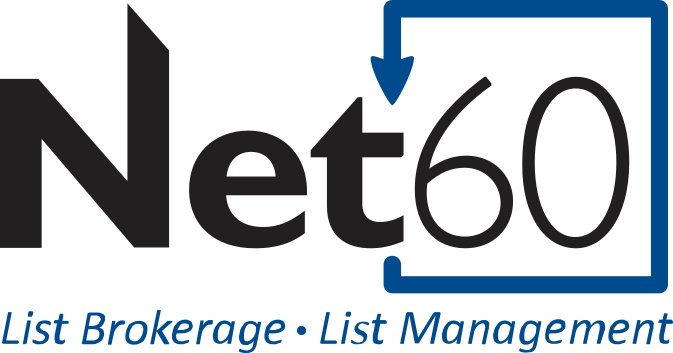Let’s Talk Data Hygiene: The Best Way to Keep Your Data Clean

By Chaim Lazar | December 16th, 2024 | Direct Mail, Blog
In today’s fast-paced business world, data is everywhere. From crafting the perfect marketing message to making crucial operational decisions, we rely on data to keep things running smoothly. But what happens when that data is messy, outdated, or just plain wrong? That's where data hygiene comes in.
So, What Exactly is Data Hygiene?
Think of data hygiene as the practice of keeping your data clean and accurate. Clean data means it's up-to-date, free from errors, and easy to use. On the flip side, "dirty data" refers to information that’s inaccurate, outdated, or duplicated, and that can seriously mess with your decision-making.
Common causes of dirty data include:
• Duplicate Records: Having multiple entries for the same person or business. • Incomplete Information: Missing key details like email addresses or phone numbers. • Outdated Data: Information that no longer reflects reality, like old job titles or disconnected phone numbers. • Improper Processing: Errors that creep in when data is transferred or imported from other systems. These issues can happen at any stage—whether it's data entry, storage, or management. So, keeping data clean is an ongoing effort that can make a big difference. Why is Data Hygiene So Important? Without proper data hygiene, things can quickly spiral. In fact, it’s estimated that 30% of a company’s data will be inaccurate within a year if it isn’t cleaned regularly.
Here’s why data hygiene is so important:
1. Better Decisions When your data is clean, you can trust the insights it provides. This helps you make smarter, more informed decisions and avoid mistakes that can be costly down the road. 2. Stronger Customer Relationships Dirty data can lead to mistakes, like sending emails to outdated addresses or reaching out to the wrong person. Clean data means better, more relevant interactions with your customers, which builds trust and loyalty. 3. Improved Efficiency Managing duplicate or incorrect records wastes time and resources. By keeping your data clean, your team can focus on what really matters: growing the business. 4. Compliance For industries that have strict privacy regulations (like GDPR or CCPA), maintaining clean data is crucial. It helps you stay compliant and avoid costly penalties. 5. Cost Savings Believe it or not, dirty data can cost a business millions. It’s estimated that poor-quality data costs companies an average of $15 million annually. Regular data hygiene practices can help avoid those unnecessary expenses.
How to Keep Your Data Clean
Maintaining data hygiene isn’t a one-and-done task—it’s a continuous process. Here are some best practices to help you stay on top of it: • Regular Audits: Check your data periodically to find and fix any errors. • Deduplication: Use software tools to remove any duplicate records. • Standardization: Ensure your data is entered consistently across all systems. • Validation: Double-check that data is accurate when it's first entered. • Updating and Enrichment: Keep your database fresh with current info and fill in any missing details.
In Conclusion
Data hygiene is an ongoing effort that pays off in big ways. When you take the time to clean and maintain your data, you can unlock its full potential, make better decisions, and build stronger relationships with your customers. In today’s data-driven world, clean data is crucial for success. _________________________________________________________________________________________________
Net60 Inc. is a leading list brokerage and list management company specializing in optimizing direct mail campaigns for companies across various sectors. Known for its exceptional service and innovative approach, Net60 Inc. enhances direct marketing efforts, enabling businesses to expand their client base more effectively. Our dynamic, experienced, and determined team collaborates closely to bring shared goals to fruition while excelling in their individual roles and client service.
